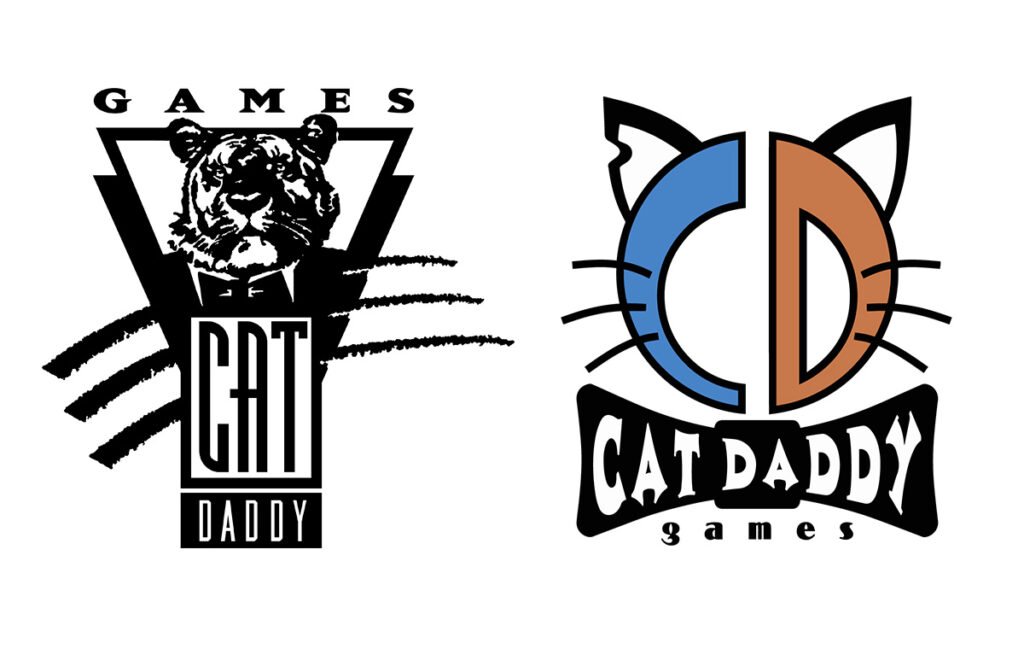
Cat Daddy Games Trimming Mobile Operations
Cat Daddy Games, a mobile video game development company and subsidiary of 2K Games, announced Thursday that they were downsizing their mobile-related business operations. Cat Daddy Games has had no comment on the number of employees; however, sources report layoffs and project-scale-downs at Cat Daddy Games, especially in the mobile space. This decision underscores the trouble the mobile gaming industry is facing, given current market realities and ramping development costs.
Context
Cat Daddy Games was established in 1996 and became a subsidiary of 2K Games in 2003. The company gained traction with titles such as WWE SuperCard and NBA 2K Mobile, and those two titles alone helped substantially increase 2K’s mobile portfolio. Cat Daddy has a long history of leveraging their expertise in the realm of free-to-play mobile titles that generate monetization through in-app purchases.
That said, it’s clear the mobile gaming sector, which was once considered a surefire gold rush, is starting to mature. In Newzoo’s 2024 Global Games Market Report, global mobile game revenue fell 2.6% yoy for the first time in over a decade. Soaring user acquisition costs, increased saturation of free-to-play (F2P) business models, tightening privacy regulations (Apple’s ATT framework), and competition from indie developers and the likes of Tencent and Activision Blizzard had squeezed margins.
Cat Daddy’s decision was not made in isolation; rather part of a more significant trend across game developers, looking to rebalance their portfolios and double down on more stable and more scalable platforms.
One can easily think that the decision is indicative of subpar performance from Cat Daddy Games. Nevertheless, analysts argue this is more about advanced restructuring as opposed to an immediate crisis. According to tech strategist Marcus Bellamy, from GameDev Insights, “Mobile is still making money, but the ROI is getting smaller, unless you’re in the top 1% of games. It’s not about losing money, it’s about where money is growing faster.”
The belief that mobile gaming is in general decline is equally misinformed. Although the free-to-play model is being pressured, hybrid monetization and premium models are seeing some growth. Companies like miHoYo (with Genshin Impact) demonstrate that mobile can sustain growth with the right conditions. Perhaps Cat Daddy Games simply lacks the infrastructure to compete at this elite level without a significant investment.
Implication
This restructuring highlights the increasing scepticism in the gaming industry around the profitability of mobile games. Several companies have pursued similar moves recently:
- Rovio (the developer of Angry Birds) was acquired by Sega but has announced it has paused its expansion plans.
- Epic Games shut down Battle Breakers, a mobile RPG that it maintained was unsustainable.
- Even Electronic Arts (EA) is reportedly scaling back its smaller mobile projects and is shifting to focus on tentpole franchises.
This could indicate a transitional phase where only big-budget or focused-niche mobile programs can endure as the economic climate becomes more difficult.
Additionally, Cat Daddy’s decision could also reflect a restructuring within 2K Games. Because of the rise in AAA console games development cost, companies are streamlining and cutting side-projects; fewer, bigger, and more polished titles are appearing. However, smaller studios are usually the risk-takers when trying new things, so less overall innovation may occur.
Cat Daddy Games’ reducing its mobile operations is a strategic choice that Cat Daddy is not treating as a response to failure. Instead, it reflects fluctuating dynamics in the industry that are forcing companies to make strategic changes due to rising costs and competition, and ineffective mobile ad spend.
Although it is sad for the employees affected, this transition lends itself to an industry coming of age where market viability only remains for those mobile strategies that are optimized and scalable. This may mean that the mobile gaming experiences for both consumers and developers may be of less quantity, but maybe more quality in the years ahead.
As everyone takes a moment to reflect, all eyes will be trained on either 2K’s restructuring model as a best practice or a warning for mid-tier game studios trying to find a way through the tumultuous mobile landscape.
Keep reading khiladicafe